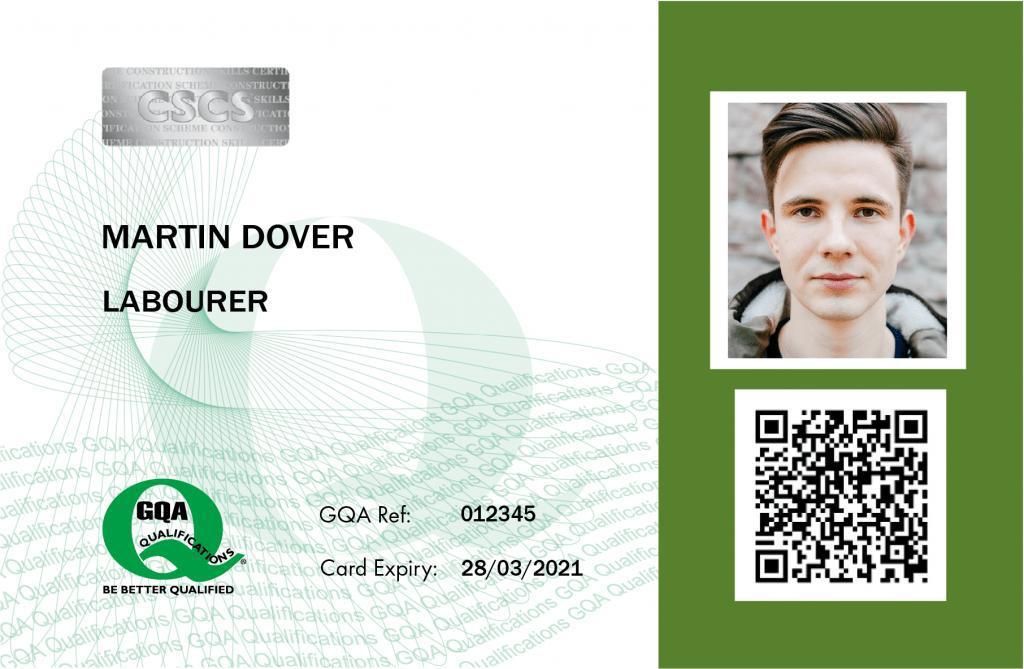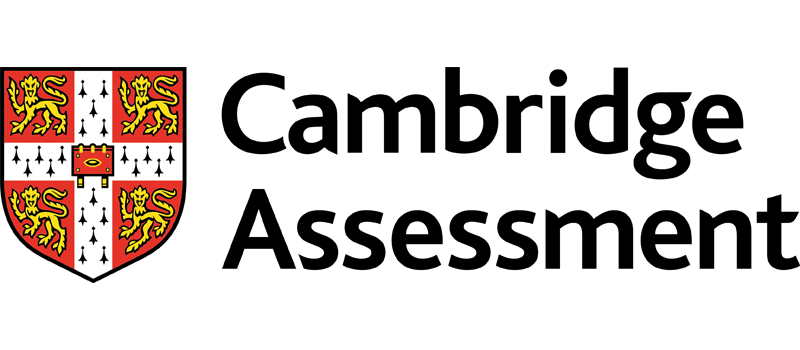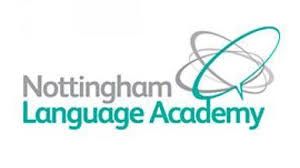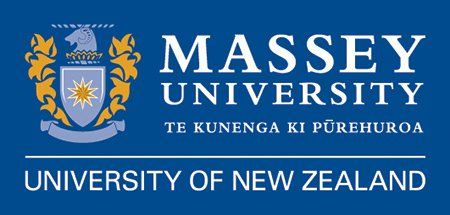
FIDIC Contracts for Design-Build and Turnkey Projects (New Yellow and Silver Books)
Course ID: 2509157101286EGI
Course Dates : 15/09/25 Course Duration : 5 Studying Day/s Course Location: Dubai, UAE
Language: Bilingual
Course Category: Professional and CPD Training Programs
Course Subcategories: Project Management and Quality Assurance
Course Certified By: * Projacs Academy
* Professional Training and CPD Programs
Certification Will Be Issued From :
KSA
Course Fees: £2,940.22
Vat Not Included in the price. VAT may vary depending on the country where the course or workshop is held.
Click to Pay
Date has passed please contact us Sales@e-s-hub.com
Course Information
Introduction
The field of international construction and engineering projects has grown increasingly complex, with stakeholders demanding transparency, accountability, and efficiency in contractual agreements. The Fédération Internationale des Ingénieurs-Conseils (FIDIC) contracts have long been recognized as the gold standard for managing such projects, offering a robust framework to govern design-build and turnkey arrangements. These contracts, particularly the New Yellow Book (Design-Build) and the Silver Book (Turnkey), are indispensable tools for professionals navigating the intricacies of global project delivery. As infrastructure development continues to expand across borders, understanding these contracts is not merely advantageous but essential for ensuring successful outcomes.
One of the primary challenges faced by practitioners in this domain is the misinterpretation or inconsistent application of FIDIC clauses, which can lead to disputes, delays, and financial losses. For instance, a recent case study involving a major highway project in Southeast Asia highlighted how ambiguities in risk allocation under the Silver Book resulted in prolonged litigation between the contractor and employer. Such scenarios underscore the critical need for comprehensive training on these contracts. This course aims to bridge the knowledge gap by equipping participants with the skills to interpret, negotiate, and administer FIDIC contracts effectively, thereby minimizing risks and enhancing project performance.
Mastering the content of this course offers significant benefits for both individuals and organizations. On an individual level, professionals gain a competitive edge by demonstrating expertise in internationally recognized standards, which is highly valued in the job market. Organizations, on the other hand, benefit from improved contract management practices, reduced legal exposure, and enhanced stakeholder relationships. Drawing on established frameworks such as the Project Management Body of Knowledge (PMBOK) and the International Chamber of Commerce (ICC) guidelines, this course integrates theoretical insights with practical applications to provide a holistic learning experience.
The relevance of FIDIC contracts extends beyond traditional construction sectors, influencing industries such as energy, transportation, and water resource management. Consider the example of a renewable energy firm that adopted the Yellow Book for a solar farm project in Africa. By adhering to its structured approach to design responsibility and risk allocation, the firm successfully completed the project ahead of schedule while maintaining budgetary discipline. Such success stories highlight the adaptability and versatility of FIDIC contracts in diverse contexts, making them indispensable for modern project managers.
Despite their widespread adoption, FIDIC contracts remain underutilized due to a lack of specialized training. Many practitioners rely on outdated interpretations or fail to appreciate the nuances introduced in the updated versions of the Yellow and Silver Books. This course addresses these gaps by providing up-to-date insights into the latest revisions, including changes to dispute resolution mechanisms and environmental compliance requirements. Participants will also explore emerging trends, such as the integration of digital technologies in contract administration, further enriching their understanding of contemporary best practices.
Ultimately, this course is designed to empower professionals to navigate the complexities of FIDIC contracts with confidence and precision. Whether you are drafting a contract, resolving a claim, or overseeing a multimillion-dollar project, the skills acquired through this program will enable you to achieve optimal results. By combining rigorous academic content with real-world examples, the course ensures that participants leave equipped to tackle the challenges of today’s dynamic project environments.
Objectives
By attending this course, participants will be able to:
Analyze the structure and key provisions of the FIDIC Yellow and Silver Books to identify their applicability in various project scenarios.
Evaluate risk allocation principles and propose strategies for mitigating potential disputes in design-build and turnkey projects.
Design effective contract administration plans that align with FIDIC guidelines and industry best practices.
Implement dispute resolution mechanisms outlined in the contracts, including the use of Dispute Adjudication Boards (DABs).
Apply updated clauses related to environmental sustainability and health and safety standards in project execution.
Assess the impact of cultural and legal differences on the interpretation and enforcement of FIDIC contracts in international settings.
Synthesize lessons learned from case studies to develop actionable recommendations for improving contract performance.
Who Should Attend?
This course is ideal for:
Project managers, engineers, and contract administrators involved in international construction and engineering projects.
Legal advisors and consultants specializing in construction law and dispute resolution.
Procurement officers and supply chain managers responsible for negotiating and managing large-scale contracts.
Government officials and policymakers overseeing public infrastructure development programs.
Risk managers seeking to enhance their understanding of contractual risk mitigation strategies.
Training Method
• Pre-assessment
• Live group instruction
• Use of real-world examples, case studies and exercises
• Interactive participation and discussion
• Power point presentation, LCD and flip chart
• Group activities and tests
• Each participant receives a 7” Tablet containing a copy of the presentation, slides and handouts
• Post-assessment
Program Support
This program is supported by:
* Interactive discussions
* Role-play
* Case studies and highlight the techniques available to the participants.
Daily Agenda
The course agenda will be as follows:
• Technical Session 08.30-10.00 am
• Coffee Break 10.00-10.15 am
• Technical Session 10.15-12.15 noon
• Coffee Break 12.15-12.45 pm
• Technical Session 12.45-02.30 pm
• Course Ends 02.30 pm
Course Outlines
Introduction to FIDIC Contracts
Overview of FIDIC and its role in global project delivery.
Key features of the Yellow Book (Design-Build) vs. the Silver Book (Turnkey).
Understanding the roles and responsibilities of parties under FIDIC contracts.
Case study: A comparative analysis of Yellow and Silver Book applications.
Day 2:
Contractual Framework and Risk Allocation
Detailed examination of general conditions and special provisions.
Principles of risk allocation and their implications for project success.
Strategies for drafting clear and enforceable contract terms.
Interactive workshop: Identifying risks in sample contracts.
Day 3:
Contract Administration and Compliance
Best practices for administering FIDIC contracts throughout the project lifecycle.
Updates on environmental and safety compliance requirements.
Managing variations, claims, and extensions of time.
Group activity: Developing a contract administration checklist.
Day 4:
Dispute Resolution Mechanisms
Role of Dispute Adjudication Boards (DABs) and their procedural framework.
Alternative dispute resolution methods under FIDIC contracts.
Recent developments in arbitration and litigation trends.
Mock dispute resolution session: Practicing negotiation techniques.
Day 5:
Advanced Topics and Practical Applications
Impact of cultural and legal diversity on FIDIC contract implementation.
Integrating digital tools for contract monitoring and reporting.
Lessons learned from high-profile FIDIC projects worldwide.
Final assessment: Presenting actionable insights based on course learnings.



















































